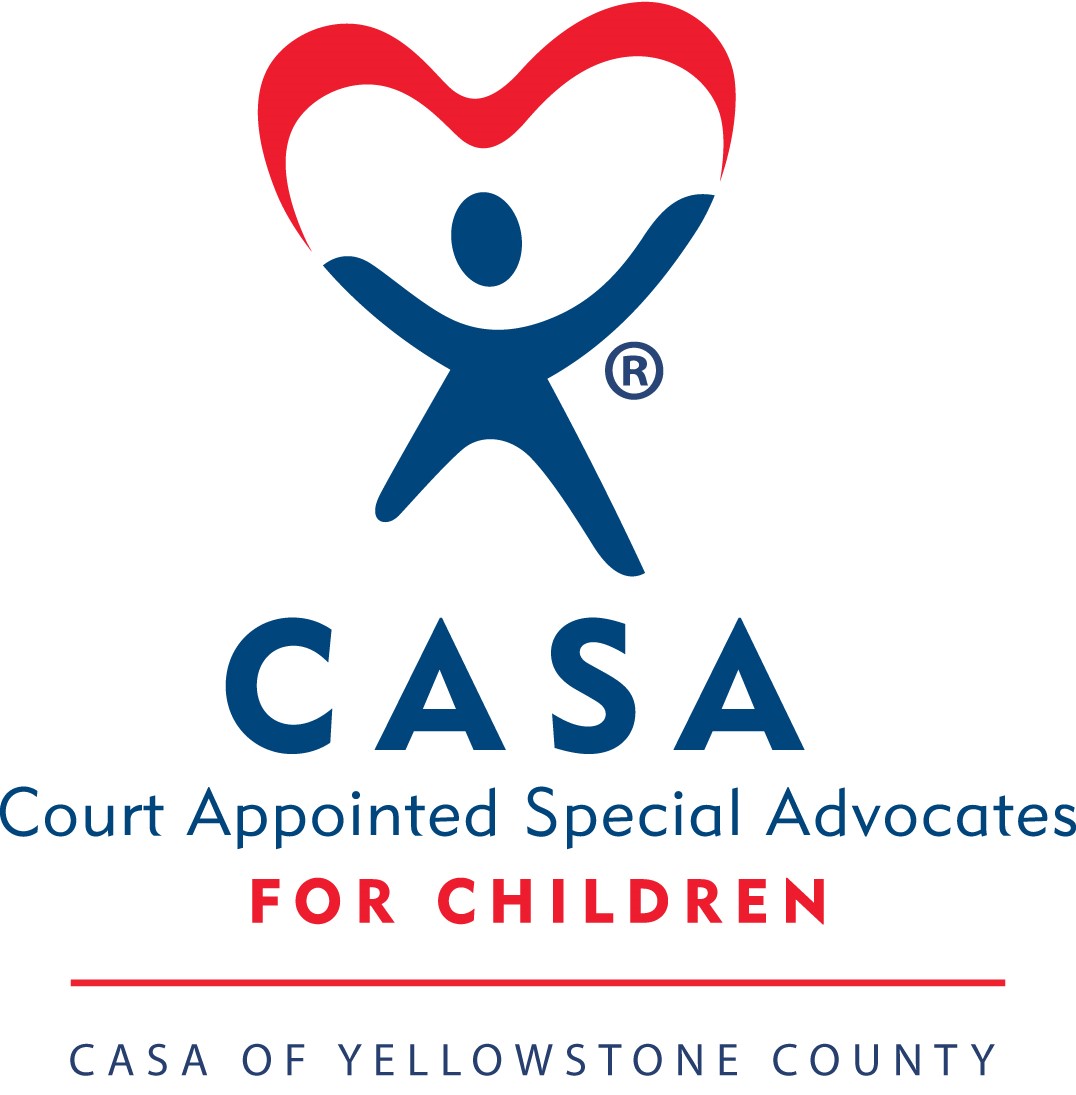I have a confession to make. I am a word nerd. I geek out over origins, evolving uses, and nuances of language. I have been known to overthink a word choice, as could probably be attested by my fellow CASA staff and even some Court Appointed Special Advocates.
The word that’s been getting my attention lately is dialogue. I remember hearing on a public radio show some time ago that there is a common misperception that monologue means one person talking (for example, a speech), while dialogue means two people talking.

via Negative Space
But that’s not what dialogue means at all! Dialogue comes from two Greek roots, dia and logos, or “through” and “word” (or “meaning”). Some people confuse dia in this case with di (“double” or “two”), which leads to the misperception that dialogue refers to discussion between two people.

via Brett Sayles
I’d like to focus on dia, “through,” as it relates to our advocacy work. A dialogue is not meant to be a series of monologues, each person taking turns making speeches to prove their points! A dialogue is meant to be an interplay of ideas and thoughts, an exchange of words through the space between each of our perspectives. There are many differing and, sometimes, opposing viewpoints that we encounter over the course of our advocacy. Sometimes even what is in a child’s best interest is a matter of differing opinion! But through true dialogue, words conveying thoughts and ideas through the space that separates us and our perspectives from those of others, we can understand each other and even see the truth and beauty in the viewpoints we once opposed. This has been more important than ever in recent months, when we are sequestered from each other and unable to literally see the others’ perspective! This is when it’s ever more important to go through conversations together with the other person as a dialogue and not just competing monologues. It’s for the sake of the kids that we engage in these conversations that sometimes we’d rather avoid. Let’s commit to elevating those conversations from just talk to true dialogue. Our world sure needs more of that!
Ashley Milsop is a Program Coordinator for CASA of Yellowstone County.





